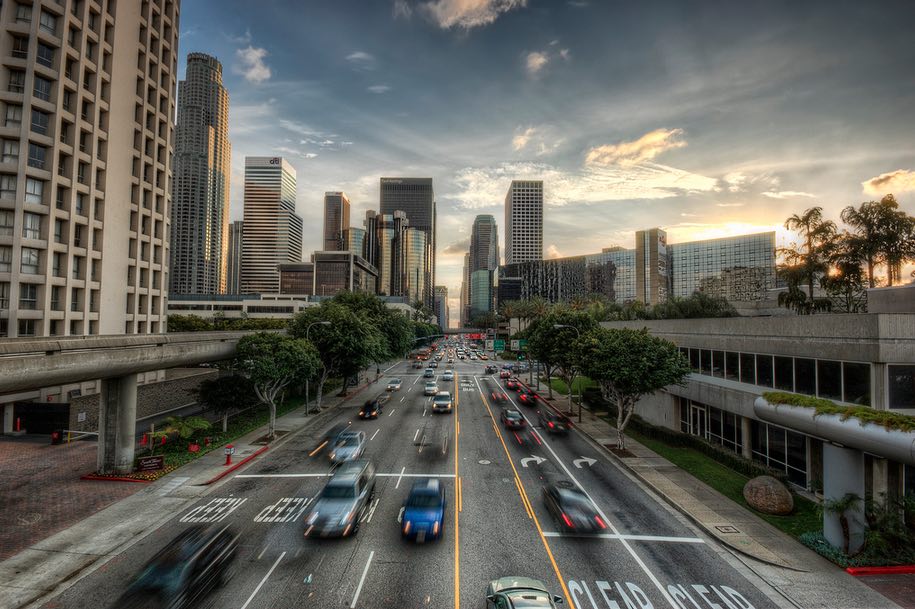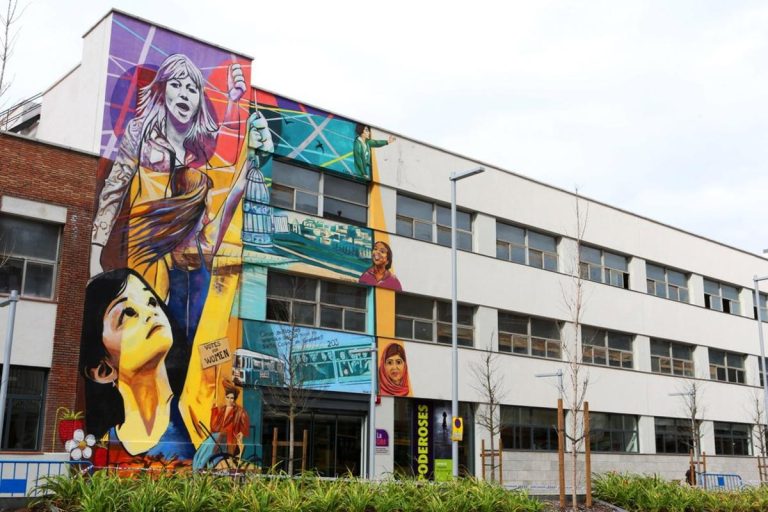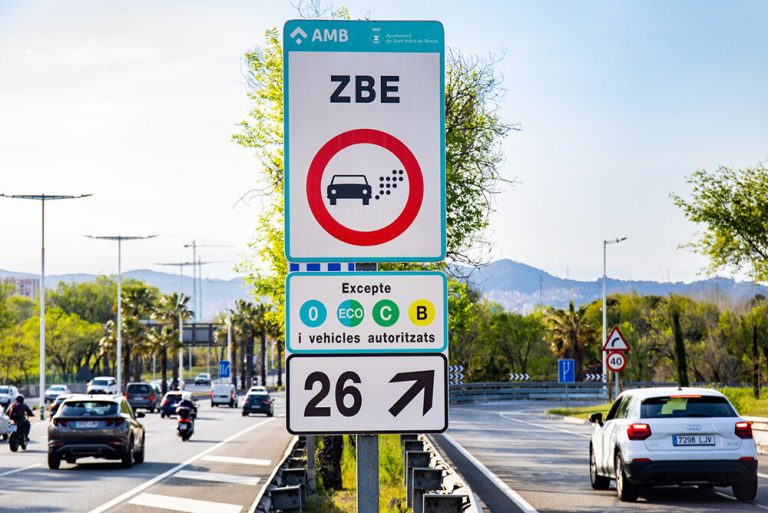Los Angeles is a great place to observe the reduction in car ownership, even though it is known for its unreliable public transport and its unstoppable sprawl. Many residents have started relying on other forms of transportation, from bikes to ridesharing services, and the movement is starting to reshape the city. In LA, traffic is the biggest concern for people, as congestion takes up more than 80 hours per year.
Eric Spiegelman, president of the LA Taxicab Commission, has lived in Los Angeles for most of his life, and always used his own car – until a few months ago. He decided to let his lease expire and see how he’d do relying exclusively on services like Uber and Lyft, including their ride-sharing options, Pool and Line.
Saving time and money, reducing stress
Spiegelman had run the numbers on having his own car versus using ridesharing services, and was surprised to discover that it would actually save him money. The average cost for a ride to work with UberPool or Lyft Line was $3.42. He admits it seemed unnatural at first, but then he realised that he felt much better without a car. And besides saving money, he could also get back the valuable time he would lose looking for parking every single day. Parking is a major hassle in LA, and the city gives out over 2.5 million parking citations every year, which causes a lot of stress for people.
Although people were worried about various aspects of ridesharing services, like surge pricing, uncertainty of finding a ride or being late due to sharing the car with another passenger, they are now much more open to the idea. Lyft estimates that the waiting times for the majority of Lyft Line rides is less than 3 minutes, and UberPool says that sharing a ride with someone only adds about 4 extra minutes to a rider’s trip.
A paradigm shift for cities
This shift in car usage might have a significant impact on the parking situation in the city, but Donald Shoup, an urban planning professor at the University of California, says that it is still unclear whether Uber, Lyft or similar services have already had an impact on parking congestion. However, he does confirm that using them is generally cheaper than owning a car and paying for parking in LA.
Uber and Lyft have had a significant impact on the taxi industry in LA, as cabs are notoriously expensive here. For example, a ride from the LA International Airport to Universal Studios would cost as much as $84 in a taxi, while UberX or Lyft would be around $38. It’s no surprise, then, to find out that taxi trips dropped by 30% from 2012 to 2015.
Claire Bowin, senior planner for the city, said that the popularity of Uber and Lyft has created a turning point for the city’s 20-year plan for reducing car ownership and usage. Before these services were so successful, she says, it was difficult to tell people that not owning a car in LA could ever be an option.
Ride-hail companies can also work together with public transportation agencies. When LA Metro opened up Expo Line, a light rail line between downtown and Santa Monica, Uber ran a promotion for Pool rides to or from Expo Line stations. These types of deals can increase ridership for both ride-hailing companies and public transport services.
A growing trend
The phenomenon of ditching cars doesn’t just occur in LA. It’s happening all across the US, especially with millennials, who have less interest in cars and driving than older generations. And while services like Uber and Lyft certainly play a role, there could be other reasons for these changes. In the United States, young people are dealing with high student loan payments, living and housing costs, so owning a car goes lower on the list of priorities. They are also settling down and getting married later than previous generations, and while some of them may eventually start driving, many could get used to other forms of transportation and give up on the thought of buying a car of their own. Cities and governments can also promote this idea through campaigns and measures for protecting the environment and making cities more liveable.
Millennials spend a great amount of time using smartphones and other devices for work-related activities on the go. They can save a lot of time if they do this in the back of an Uber or on a train instead of spending that time stuck behind the wheel. Studies also show that the younger generations don’t value cars as much as their parents and they’d rather spend money on experiences rather than things. Smartphones or laptops are much more valuable to them than cars, as they often prefer to engage with their friends online rather than go see them in person.
Sources: buzzfeed.com; latimes.com; washingtonpost.com; npr.org; citylab.com
Photos: welikela.com






